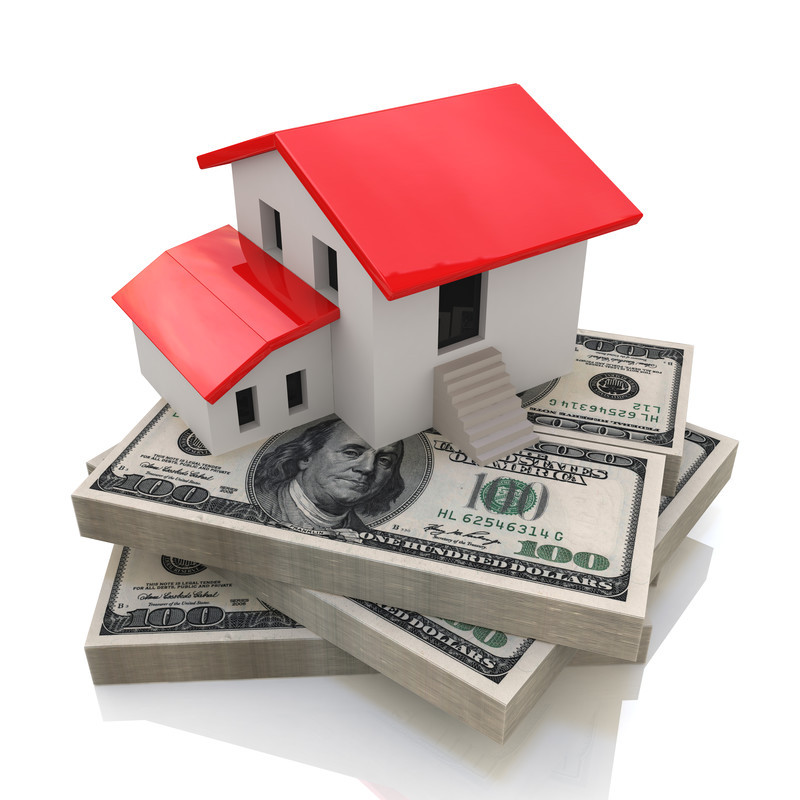When we talk about real estate, many of us think about moguls and tycoons, skyscrapers and commercial developments. We think about mansions, holding companies, and people in suits talking about “the market.” But this isn’t all that real estate is.
Real estate also includes the property which allows a happy couple to become first-time homeowners. It’s the little beach house that becomes someone’s new vacation home. It’s a source of passive income for a landlord or a commercial property for someone’s dream business.
But just because you can buy something doesn’t mean that you should. So what’s up with real estate? Should you invest in a property, or use your money elsewhere? Here’s what to know and how to decide.
Location, location, location
There’s a reason that “location, location, location” is a famous mantra of real estate agents. Location is crucial to the value of a property — not just now, but in the future.
You can’t see the future, but you can make educated guesses about locations. If a city’s crime rate is dropping and lots of hip people are moving in to open up restaurants, then you could make a bet on a transitioning area (though it could be a risky one). If you see businesses fleeing a city, be wary of the real estate market. After all, who moves to a place without a job?
You’ll find lots of great examples of thriving real estate markets in the state of North Carolina, where big businesses like the banks in Charlotte and new development in beautiful areas like Asheville are leading to lots of growing markets. Your home could grow more valuable over time if you buy in early enough and ride a wave, explain the experts at Ashe County Real Estate.
Nailing the timing
It’s not just where that matters, of course; it’s also when. Markets grow and shrink, and here are buyers’ markets and sellers’ markets. Ideally, you’d like to make your move when it’s your market.
That means low interest rates for buyers and lots of demand for sellers. In a perfect world, it also means continuous growth in the real estate market and the economy in general for years after you buy. That stuff is hard to predict, but it can make a big difference.
It’s all about you
For prospective first-time homeowners, one factor looms largest in the decision to buy (or not buy) a home: their own situation. Markets can change, rates can change, and lots of other factors can alter the scenario, but nothing is as crucial as knowing where you are in life and where you want to be next.
If you don’t have enough saved, then you’re not buying a house, plain and simple. Stretching your budget is sometimes possible, but rarely advisable. Homes are illiquid, and you could be saving, investing, and building toward a smarter future purchase instead of stretching yourself thin now.
If you’re thinking of moving again soon, that may throw a wrench in things, too. Buying a home is usually a better deal than renting, because your monthly payments go toward your ownership of the home instead of into a landlord’s pocket. But closing costs offset this, at least in the short term. Only sticking around will allow you to reap the financial advantages of buying a home.
If, on the other hand, you’re ready — if you’ve saved up some money, have decent credit, and are ready to settle down and stick around one place for more than a few years — then buying a home can be a great choice.

Leave a Reply